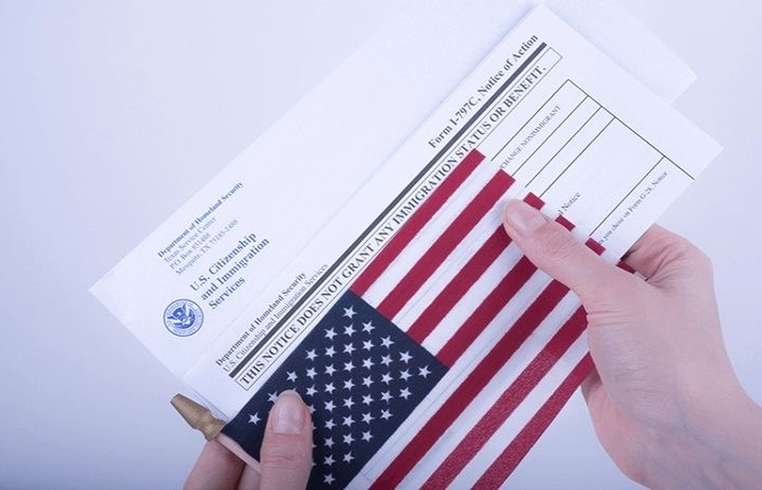
USCIS Issues Guidance on In-Person Filing for Certain SIJ Petitioners

The U.S. Citizenship and Immigration Services (USCIS) has recently announced new guidance regarding in-person filing requirements for certain Special Immigrant Juvenile (SIJ) petitioners. This update aims to streamline the process and ensure that vulnerable individuals receive the necessary protection and assistance in a timely manner. Here are some key points and interesting facts about the new guidance:
Key Points:
1. Target Group: The new in-person filing requirements apply specifically to SIJ petitioners who have reached the age of 21 during the adjudication of their Form I-360, Petition for Amerasian, Widow(er), or Special Immigrant.
2. Purpose of SIJ Status: The SIJ classification is designed to help foreign children in the U.S. who have been abused, abandoned, or neglected by one or both parents. This status provides a pathway to lawful permanent residency, offering these vulnerable youth a chance for a stable future.
3. Age-Out Protections: USCIS aims to protect petitioners who age out of the SIJ classification before their petition is adjudicated. This is crucial because aging out can disqualify them from receiving SIJ status and the benefits that come with it.
4. Enhanced Process: The in-person filing requirement is expected to enhance the efficiency and accuracy of the adjudication process, ensuring that eligible petitioners receive their SIJ status without undue delays.
Interesting Facts:
• SIJ History: The SIJ status was first introduced in the Immigration Act of 1990, reflecting the U.S. commitment to protecting vulnerable immigrant children.
• Statistics: Since its inception, thousands of children have benefited from the SIJ status, highlighting the importance of this classification in the broader context of U.S. immigration policy.
• Collaboration: USCIS collaborates with various state juvenile courts to determine eligibility for SIJ status, underscoring the interconnected nature of federal and state systems in protecting children.
This new guidance by USCIS underscores the agency’s commitment to protecting vulnerable immigrant youth and ensuring they have access to the necessary legal protections. As the process evolves, it is essential for stakeholders and petitioners to stay informed about the latest updates and requirements.
